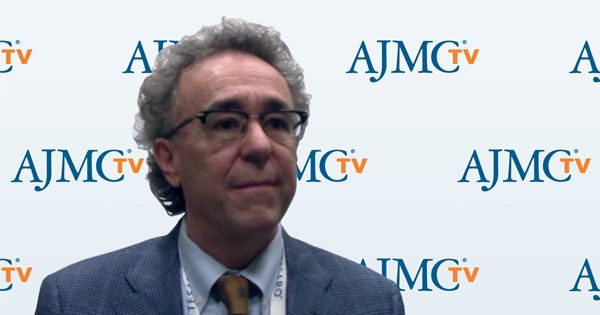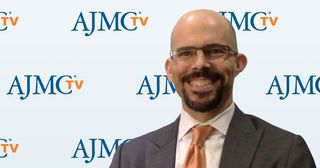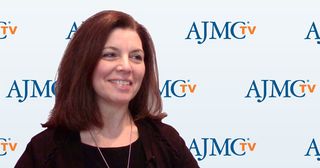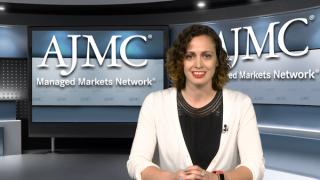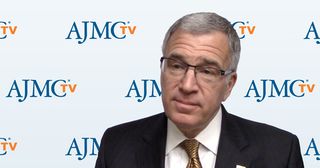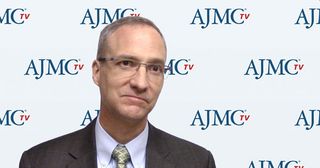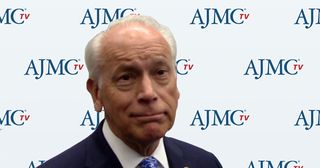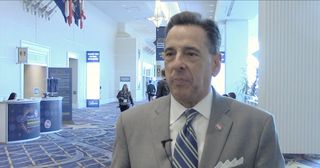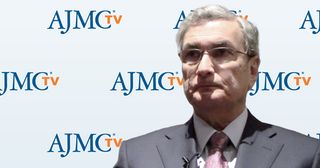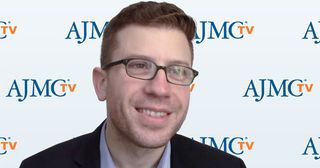
Oncology
Latest News
Latest Videos

More News

Risk has very different meanings depending on whether one views it from a clinical or financial perspective.

Thomas Graf, MD, chief medical officer and vice president, Horizon Blue Cross Blue Shield of New Jersey, discusses evolving care bundle payments to better accommodate cancer patients.
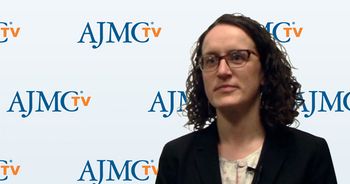
If we don't close the gap in gender differences in HPV vaccination, we will likely see an increase in HPV-related cancers, explained Anna Beavis, MD, MPH, a gynecologic oncologist fellow at Johns Hopkins University.

How are large employers adapting to, and benefiting from, the value-based care practices that are a payer demand and a provider imperative? This was the focus of a panel moderated by Bo Gamble, director of Strategic Practice Initiatives, Community Oncology Alliance (COA), during the 2018 Community Oncology Conference hosted by COA, April 12-13 in National Harbor, Maryland.

While increased risk of neurocognitive issues, such as long-term problems with attention, is common in survivors of childhood acute lymphoblastic leukemia (ALL), the risk may actually begin before treatment, according to a study published in JAMA Oncology.

Every week, The American Journal of Managed Care® recaps the top managed care news of the week, and you can now listen to it on our podcast, Managed Care Cast.
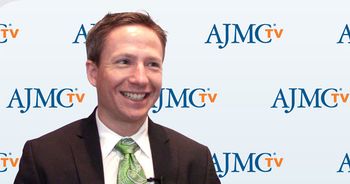
Providing financial navigators in cancer centers and hospitals can have demonstrable benefits for both patients and hospitals, explained Todd Yezefski, MD, senior fellow in the Clinical Research Division at the Fred Hutchinson Cancer Research Center and Division of Medical Oncology at the University of Washington.

Researchers have identified genetic subtypes of diffuse large B-cell lymphoma that revise the molecular classification of the disease and could provide insight into why some patients respond to treatment and others don’t.

A panel of providers discussed key advocacy issues that affect patients and practices and could improve access to care and costs during the 2018 Community Oncology Conference, hosted by the Community Oncology Alliance, April 12-13 in National Harbor, Maryland.

The Trump administration's proposal to extend the duration of short-term health plans would have a particularly significant impact on patients with cancer and cancer survivors, according to a webcast hosted by the National Coalition for Cancer Survivorship on Thursday.

Our division at Stanford is very interested in investigating innovative therapies and has a particular focus on immunotherapies, explained Oliver Dorigo, MD, PhD, associate professor, obstetrics and gynecology, Stanford University Medical Center.

Ray Page, DO, PhD, president and director of research at The Center for Cancer and Blood Disorders and chair-elect of the American Society of Clinical Oncology’s (ASCO) Clinical Practice Committee, provides a look at legislation to improve patient access to treatments and address drug pricing in cancer care.

There is currently a lack of transparency with pharmacy benefit managers around drug prices and where the rebates for drugs are going, but Congress is pushing for greater transparency that will benefit patients, said Ted Okon, executive director of the Community Oncology Alliance.

How are community practices coping with administering chimeric antigen receptor (CAR)-T treatments? At the 2018 Community Oncology Conference hosted by the Community Oncology Alliance, Houston Holmes, MD, MBA, FACP, Texas Oncology, shared his experience with administering CAR T-cells in a community cancer center–based setting.

Coverage of our peer-reviewed research and news reporting in the healthcare and mainstream press.

This week, the top managed care stories included President Donald Trump signing an executive order requiring the poor to get jobs or lose food and healthcare benefits; a CMS report found ethnic, racial, and gender disparities in Medicare Advantage plans; CDC highlighted the impact of HIV on America's youth.

Stacey McCullough, PharmD, senior vice president of pharmacy at Tennessee Oncology, discusses the importance of the pharmacist there are more advances being made and therapeutic options becoming available in oncology.

The FDA has finalized 2 guidances to accelerate the development of next-generation sequencing (NGS)–based tests, the agency announced on Thursday. The guidances provide recommendations for designing, developing, and validating tests that use NGS.

The Merit-based Incentive Payment System (MIPS) is a big program designed to be applied to all clinicians, which makes it complex to figure out how to do right, explained Richard Kane, senior director at Avalere.

Richard Kane and Caroline Pearson, both from Avalere Health, provided oncologists gathered at the 2018 Community Oncology Conference an overview of reimbursement programs offered by CMS and advice on navigating them.

At the 2018 Community Oncology Conference hosted by the Community Oncology Alliance, April 12-13 in National Harbor, Maryland, FDA Commissioner Scott Gottlieb, MD, provided the audience with an overview of current and future plans of the regulatory agency, particularly its strides within the molecular diagnostic testing space.
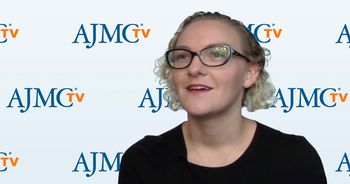
The more data providers have on a patient, the better understanding they have about the type of treatment plan that works best with the patient’s goals, explained Torrie K. Fields, MPH, senior program manager of Palliative Care Program Design & Implementation for Blue Shield of California.

ASCO last updated its guidelines on fertility preservation in 2013. Following the review of recent randomized controlled trials, systematic reviews, meta-analyses, and clinical practice guidelines, the panel made no significant changes to the 2013 recommendations: 2 recommendations for adult women were updated, and several clarifications to other recommendations were made.

Papers from The Lancet's Taskforce of Non-Communicable Diseases analyzed the potential health and economic impact of implementing taxes on soda, alcohol, and tobacco to combat the rising rates of the chronic diseases worldwide.

Victoria Bae-Jump, MD, PhD, associate professor, gynecologic oncology, University of North Carolina Lineberger Comprehensive Cancer Center, discusses the current standard of treatment for patients with advanced endometrial cancer as well as the role novel therapies, such as targeted therapies and immunotherapy, play in the treatment of the disease.

